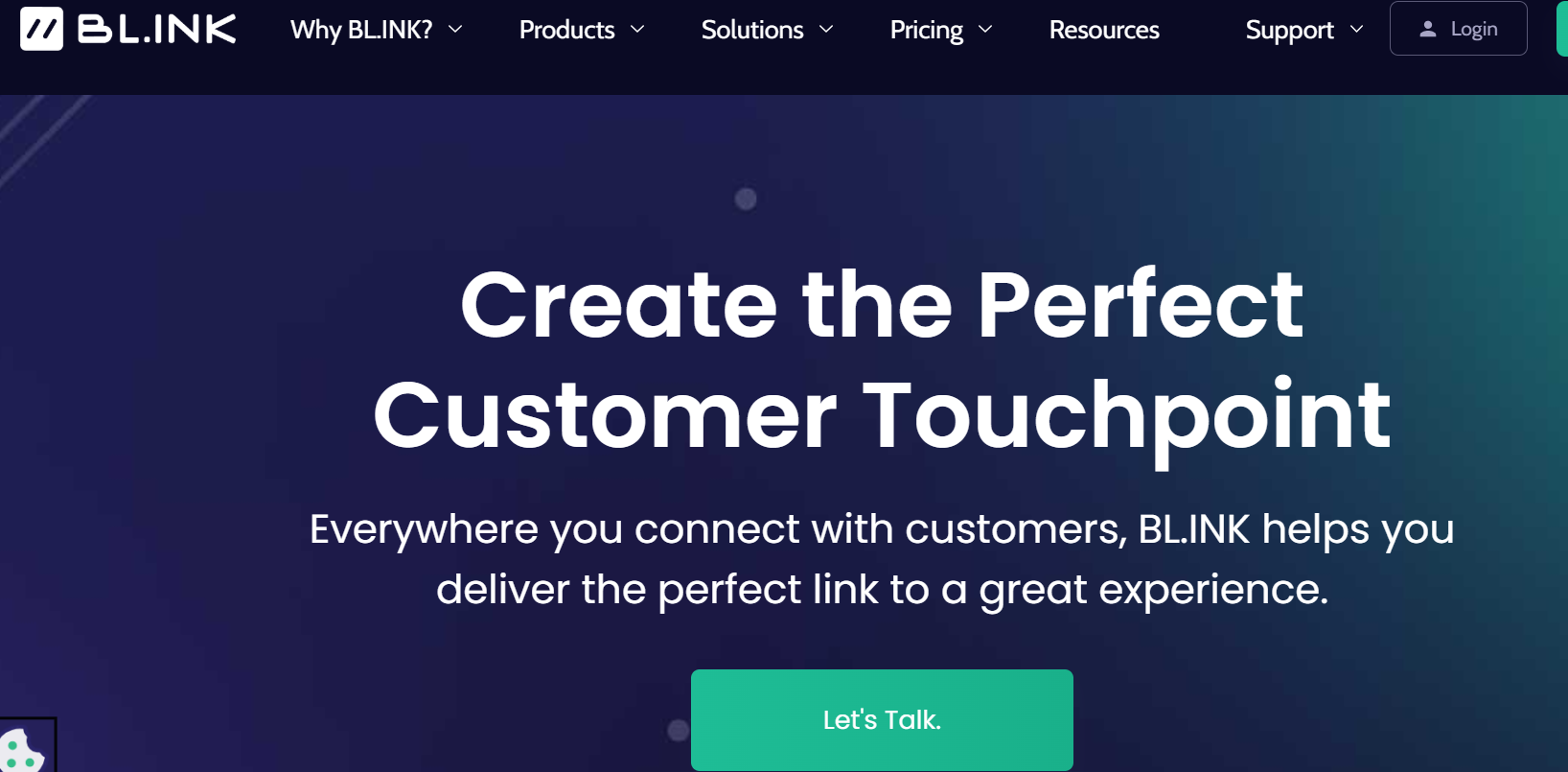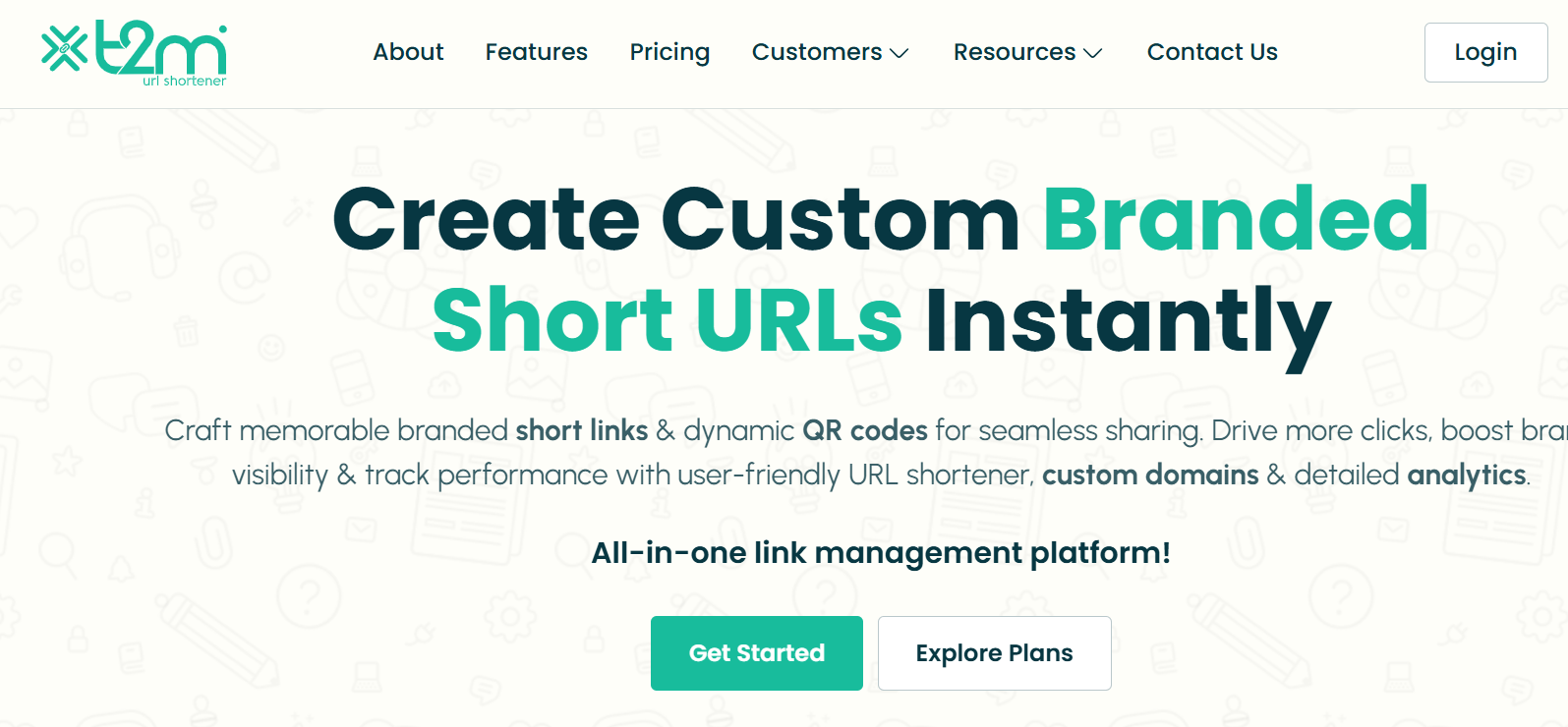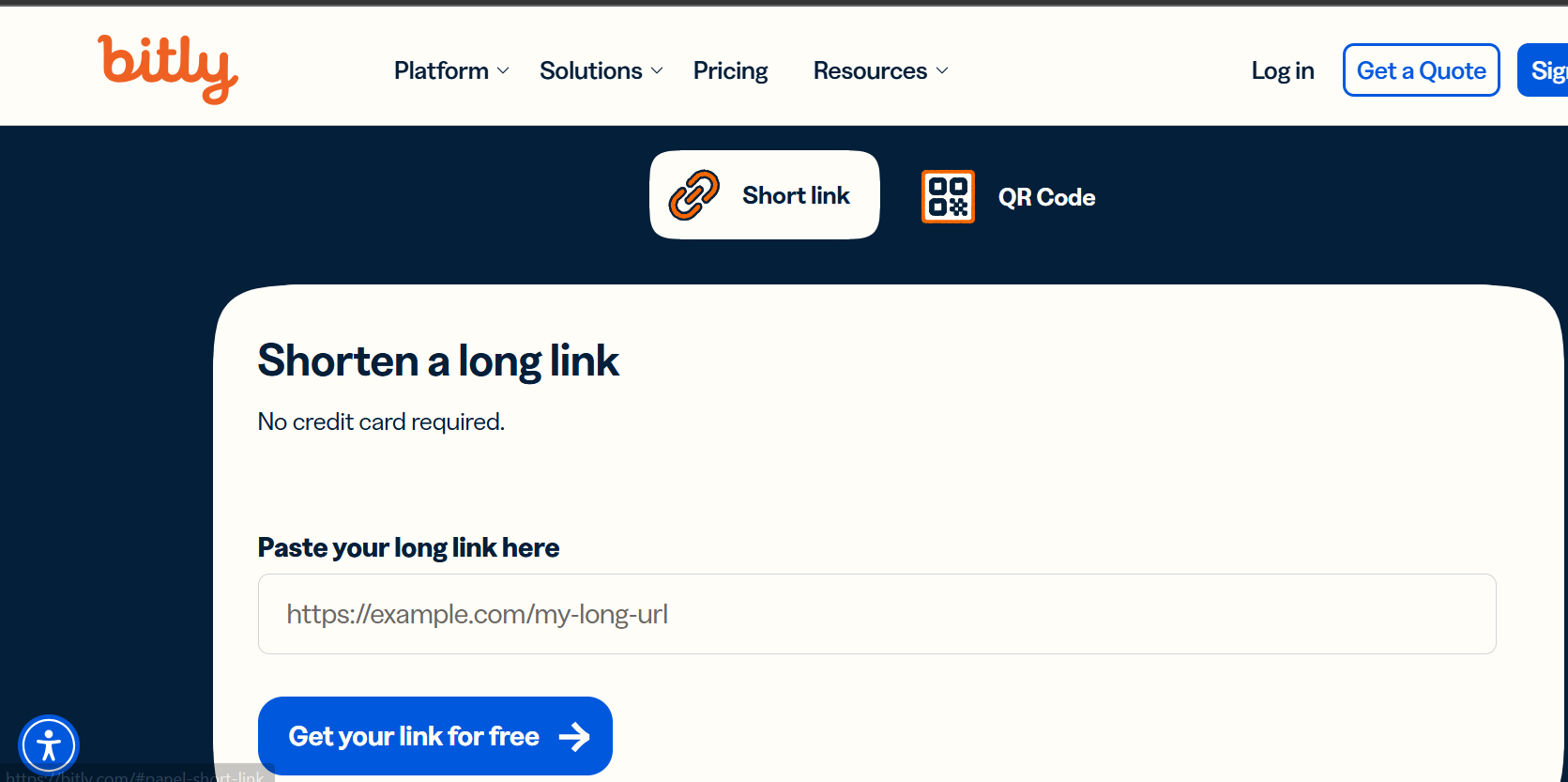In the ever-evolving world of digital marketing, staying ahead of the competition is essential. With businesses constantly looking for innovative ways to enhance their online presence, URL shorteners have emerged as a powerful tool. While these tools are often associated with simplifying long and cumbersome web addresses, they offer far more than just a streamlined link. By leveraging URL shorteners strategically, businesses can boost engagement, track performance, and optimize their marketing efforts. This article will explore the benefits, uses, and best practices of URL shorteners in digital marketing, highlighting how they can become a crucial part of any marketing strategy.

Contents
Understanding URL Shorteners: A Brief Overview
A URL shortener is a tool that takes a long web address and converts it into a compact, easy-to-share link. The process involves encoding a lengthy URL into a significantly shorter version, which still leads to the same destination. These short links are not only aesthetically pleasing but also more convenient for users to share, especially on social media platforms where character space is limited.
Shortened URLs also often contain analytics capabilities that allow businesses to track the performance of their links. This can be extremely valuable for understanding audience behavior, measuring campaign success, and refining marketing tactics.
The Role of URL Shorteners in Digital Marketing
In digital marketing, the role of a URL shortener goes beyond making links shorter. It provides businesses with a range of tools that can enhance their online campaigns, increase engagement, and streamline user experience. Here’s how URL shorteners can directly impact various aspects of your digital marketing strategy.
1. Improved User Experience
A key aspect of any successful marketing strategy is ensuring a positive user experience. Long URLs, especially those that are filled with random characters, can be intimidating or off-putting to customers. A shortened URL looks cleaner, is easier to read, and creates a sense of trust. For example, users are more likely to click on a link like bit.ly/Example than one that appears as www.example.com/this-is-a-very-long-url-with-numbers-and-special-characters.
Shortened links are also mobile-friendly, ensuring that users can easily copy, paste, or click on them when browsing on their smartphones. This user-centric approach is a fundamental part of improving engagement and driving traffic.
2. Enhanced Tracking and Analytics
One of the most valuable features of URL shorteners is the ability to track and analyze the performance of links. Most URL shortener services come with built-in analytics that allow you to monitor several key metrics, such as:
- Click-through rates (CTR): The number of clicks a shortened URL receives.
- Geographic location of users: Knowing where your audience is located can help tailor marketing strategies for different regions.
- Referral sources: Identifying where the traffic is coming from (social media, email newsletters, etc.) helps refine promotional tactics.
- Device usage: Understanding whether users are accessing the link from a mobile device or desktop can help adjust your content accordingly.
Having these insights allows businesses to refine their strategies in real-time, making data-driven decisions that increase campaign effectiveness.
3. Increased Click-Through Rates (CTR)
A clean and concise URL is more likely to be clicked than a long, complex one. People tend to trust links that look professional and straightforward. When using URL shorteners, businesses can increase the likelihood of getting more clicks on their marketing materials. This is particularly crucial when sharing links on social media platforms, where users scroll quickly and often don’t have the patience to engage with complex URLs.
Furthermore, many URL shorteners allow the use of custom aliases or branded short links, which makes the link not only more attractive but also reinforces your brand identity. For example, a link such as bit.ly/BrandXYZ can increase the recognizability of your brand, instilling confidence in users and encouraging them to click.
4. Custom Branding with Shortened URLs
Custom-branded short URLs are another significant benefit. Many URL shorteners offer the ability to customize the second part of the link, which allows you to incorporate your brand name or keywords. This is a simple, yet effective technique that helps maintain brand visibility, improves trustworthiness, and can even help with search engine optimization (SEO).
For instance, if you are running a promotional campaign, instead of using a generic short URL, you can use something like brandxyz.com/sale2024. This not only looks more professional but also makes it easier for users to recognize the purpose of the link at a glance.
5. URL Shorteners in Email Marketing
Email marketing remains one of the most powerful forms of digital marketing. However, long and unattractive links can detract from the professionalism of an email campaign. By using URL shorteners, businesses can create clean, clickable links that are easy to include within email templates.
Shortened URLs are particularly useful in email newsletters, where space is valuable. They allow marketers to add more content without worrying about the length of URLs. Furthermore, by tracking the performance of shortened links in emails, businesses can refine their email marketing strategies to maximize engagement and ROI.
6. Social Media Campaigns and URL Shorteners
Social media platforms like Twitter, Facebook, and Instagram are prime places where URL shorteners can play a crucial role. On Twitter, for example, you only have a limited number of characters per post, so a shortened link is not only essential for saving space but also provides a more professional appearance.
URL shorteners can also be useful in paid social ads, where space is limited, and every character counts. By using short URLs, businesses can ensure their ads look clean, and concise, and are optimized for better user engagement. Additionally, these links can be tracked to measure the effectiveness of your social media campaigns.

Best Practices for Using URL Shorteners
While URL shorteners are incredibly beneficial, there are some best practices that businesses should follow to ensure they are maximizing their potential:
1. Always Use Branded Short Links
As mentioned earlier, branded short links enhance the credibility and recognition of your brand. Instead of relying on generic shortened URLs, try to use a custom domain or a URL shortening service that offers this option. This ensures your links are professional and trustworthy.
2. Avoid Overusing Shortened Links
While shortened links are valuable for making URLs more readable, overuse can make them feel spammy. Be strategic about when and where you use them, and avoid inserting shortened links in every piece of content. Use them where they make sense and add value, such as in social media posts or email campaigns.
3. Test Links Before Distribution
Before sharing your shortened links with a broad audience, ensure they are working correctly. Sometimes, URL shorteners can experience downtime or issues with redirects. Testing your links before distributing them ensures you are not sending your audience to broken or irrelevant pages.
4. Track and Analyze Link Performance
The true power of URL shorteners lies in the ability to track and analyze performance. Regularly check the analytics provided by your URL shortening service to gain insights into how your links are performing. Look at metrics such as click-through rates, referral sources, and geographic locations to understand your audience better and adjust your strategy accordingly.

FAQs
What is the purpose of a URL shortener?
A URL shortener is a tool that condenses long web addresses into shorter, more manageable links. These shortened URLs are easier to share, track, and analyze, helping marketers improve the effectiveness of their digital campaigns.
Are URL shorteners safe to use?
Yes, URL shorteners are generally safe to use. However, it’s essential to choose a reputable shortening service that offers security features and provides the ability to monitor any potential security risks.
Can I create custom-branded short links?
Yes, many URL shorteners offer the ability to create custom branded short links, which help reinforce your brand identity and increase trust with your audience.
How can I track the performance of my shortened links?
Most URL shorteners provide built-in analytics that allows you to track metrics such as click-through rates, geographic location, and referral sources, helping you optimize your digital marketing strategy.
Can URL shorteners help with SEO?
Yes, using branded short links can contribute to better brand recognition and help improve click-through rates. While URL shorteners don’t directly affect SEO, the data insights they provide can help refine your overall SEO strategy.
Conclusion
Incorporating URL shorteners into your digital marketing strategy can significantly enhance your efforts in engaging your audience, tracking link performance, and optimizing content distribution. From improving the user experience to providing actionable insights, URL shorteners offer a range of benefits that can help elevate your marketing campaigns. By using these tools strategically, businesses can not only create cleaner and more professional links but also maximize their digital marketing efforts, ensuring they stay ahead of the competition in an increasingly crowded online space. Embrace the power of URL shorteners, and watch your digital marketing strategy reach new heights.



